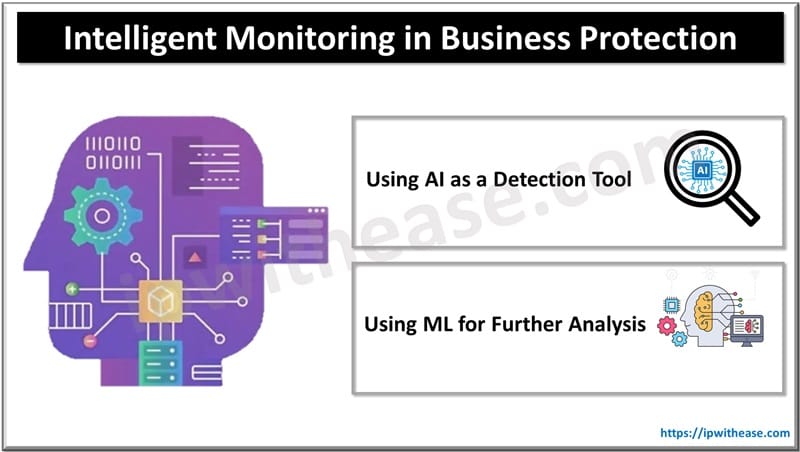Table of Contents
In today’s fast-paced business landscape, the integration of cutting-edge technologies like Delphi and .NET into existing IT frameworks is not merely an option—it’s a necessity for maintaining competitiveness. As businesses continually evolve, the demand for systems that can seamlessly communicate and function across diverse platforms has intensified.
Understanding Delphi and .NET Integration

The Role of Delphi in Modern IT Infrastructures
Delphi stands out as a robust programming language, known for its high performance and ease of use. Utilizing Delphi programming services can greatly enhance your system’s functionality by enabling faster application development and ensuring compatibility with existing legacy systems.
Advantages of .NET in Business Applications
The .NET framework is renowned for its versatility in building robust applications, requiring secure, scalable, and multi-platform capabilities. The proven effectiveness of .NET software services has been showcased in numerous projects, demonstrating its ability to drive innovation while maintaining system integrity.
Strategies for Smooth Integration
Planning and Assessment
Before initiating integration, it’s critical to perform a comprehensive assessment of the current IT environment. This process involves:
- Identifying key areas where Delphi and .NET can provide the most benefit.
- Creating a detailed integration plan that aligns with overarching business goals.
This foundational step ensures that the integration moves forward with a clear, strategic purpose.
Ensuring Compatibility
For integration to succeed, compatibility is key. Steps to ensure seamless integration include:
- Upgrading existing components to be compatible with new technologies.
- Utilizing bridging tools that facilitate communication between old and new software environments.
Training and Support
Empowering your team with the necessary skills to handle new technologies is vital:
- Conduct regular workshops and training sessions on Delphi and .NET.
- Ensure ongoing support from a legacy modernization company to address any emerging challenges.
Minimizing Risks in Integration
Risk Assessment and Management
Conduct a thorough risk assessment to identify potential integration challenges, such as:
- Data loss
- System downtime
- Compatibility issues
Develop a comprehensive risk mitigation strategy to address these risks effectively.
Incremental Integration Approach
Adopting an incremental approach to integration can substantially reduce risks. Benefits include:
- Allowing for effective troubleshooting and adjustments on a manageable scale before full deployment.
- Minimizing the impact on overall business operations during the transition phase.
Backup and Data Security
To protect your business during integration, it’s crucial to implement robust security measures:
- Conduct regular data backups to prevent loss.
- Enhance security protocols to safeguard against cyber threats.
Conclusion: Leveraging Expertise for Enhanced System Performance
The strategic integration of Delphi and .NET into existing business systems can significantly boost operational efficiency and prepare businesses for future technological advancements. By leveraging the Delphi programming language and engaging with proficient .NET services, businesses can modernize their systems to be more scalable, secure, and efficient, ensuring a competitive edge in today’s market. This journey towards digital transformation, while intricate, can be effectively managed with the right expertise, strategic planning, and advanced tools, setting a solid foundation for sustained growth and innovation.
ABOUT THE AUTHOR
IPwithease is aimed at sharing knowledge across varied domains like Network, Security, Virtualization, Software, Wireless, etc.



